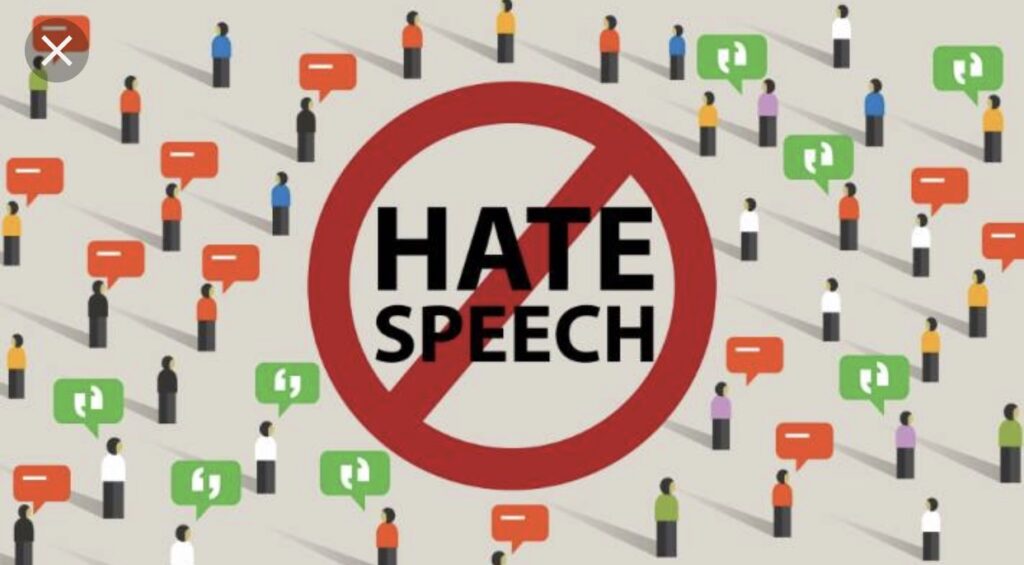
This essay is the result of a day in Library Studies class. On that day, a girl told the class that “far right” groups should not be allowed to gather in libraries. It is an attitude that is, to say the least, a bad fit for a future librarian – and it, ironically, would likely backfire had she gotten her way.
The single, most clear principal of the American Library Association is that librarians will not discriminate, even if they find someone’s ideas appalling. The ALA Code of Ethics states that “We uphold the principles of intellectual freedom and resist all efforts to censor library resources” and “We distinguish between our personal convictions and professional duties and do not allow our personal beliefs to interfere with fair representation of the aims of our institutions or the provision of access to their information resources.” This Code was adopted in 1939, at the height of Nazi power and influence.
Not long after that class I shared the experience with Nadine Strossen – former head of the American Civil Liberties Union (ACLU) and daughter of Holocaust survivors. She agreed with my sentiments, and showed me where she tackles these same issues in her book, “HATE: Why We should Resist It with Free Speech, Not Censorship”.
“Proponents of ‘hate speech’ laws assume that the enforcement of such laws might have prevented the spread of Nazi ideology in Germany,” she wrote. “But the historical record belies this assumption. Throughout the Nazis’ rise to power, there were laws on the books criminalizing hateful, discriminatory speech, which were similar to contemporary ‘hate speech’ laws.” In the years prior to Hitler’s rise to power, Germany had Hate speech laws similar to those of Canada today, which lead to over two hundred prosecutions for anti-semitic speech.
“The German ‘hate speech’ laws were enforced even against leading Nazis, some of whom served substantial prison terms,” she wrote. “But rather than suppressing the Nazis’ anti-Semitic ideology, these prosecutions helped the Nazis gain attention and support. For example, journalist Flemming Rose reports that between 1923 and 1933, the virulently anti-Semitic newspaper Der Sturmer, published by Julius Streicher, ‘was either confiscated or [its] editors [were] taken to court on … thirty-six occasions.’ Yet, ‘[t]he more charges Streicher faced, the greater became the admiration of his supporters. The courts became an important platform for Stretcher’s campaign against the Jews.'”
The insinuation that people must be protected from dangerous ideas is itself a much more dangerous idea. In the immediate post-WWII period, censorship was looked upon in the democratic world as a tool of the tyrants they just defeated – and of the tyrants vying to fill their place. In another section of the book Strossen pointed me toward, she writes:
The Soviet Union persistently pushed for language permitting or even requiring UN member states to restrict ‘hate speech’ in meetings of the UN bodies that worked on the Universal Declaration of Human Rights and other major UN instruments. The proposed language was closely modeled on the constitutions of the Communist regimes. For example, the Soviet Union’s 1936 constitution provided: ‘Any advocacy of racial or national …hatred …is punishable by law.’ … Eleanor Roosevelt, who was the United States’ representative to the UN from 1946 to 1953, warned that incorporating such language in UN instruments was ‘extremely dangerous’ and ‘likely to be exploited by totalitarian States for the purpose of rendering the other [human rights] articles null and void,’ because ‘criticism of public or religious authorities might all too easily be described as incitement to hatred and consequently prohibited.’ Likewise, representatives of other democratic countries maintained that ‘hate speech’ laws could be invoked ‘to suppress the opinions of opposition groups and parties.’ These warnings proved sadly prophetic. The Communist proponents of such laws did regularly enforce them to suppress speech by political dissidents as well as by ethnic and religious minorities.
Continue reading here.
[Editor’s Note: This article was written by Spyridon Mitsotakis and originally published at The Dailywire. Title changed by P&P.]











